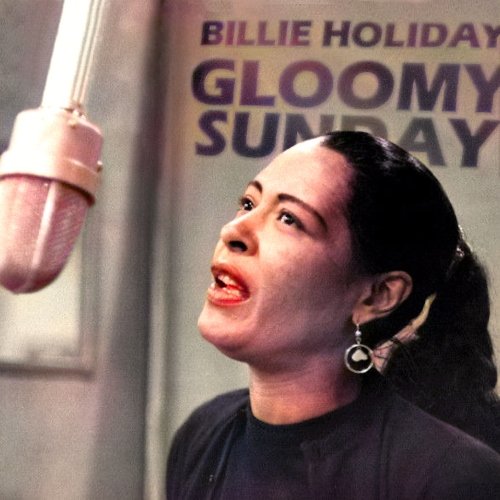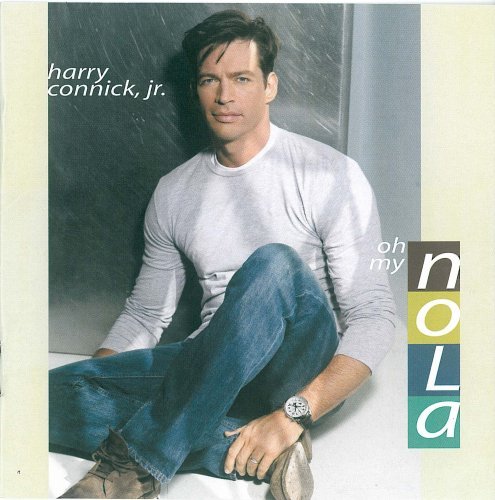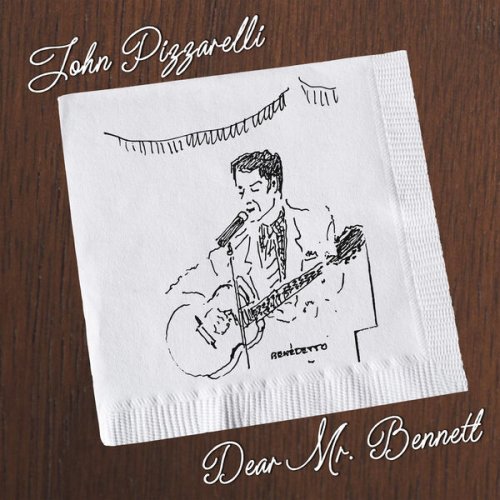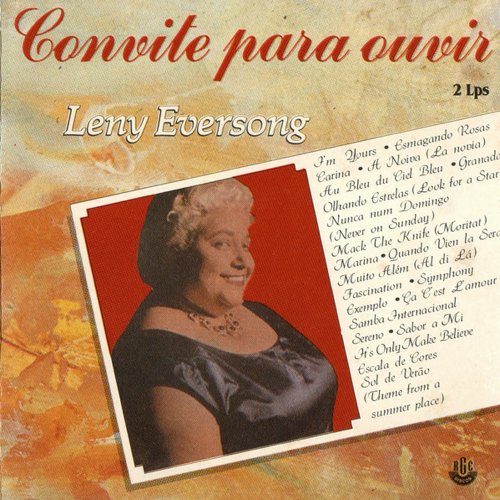Billie Holiday - Gloomy Sunday (Remastered, 2009) [Hi-Res]

Artist: Billie Holiday
Title: Gloomy Sunday
Year Of Release: 1947/2009
Label: RevOla
Genre: Jazz, Vocal Jazz
Quality: FLAC (tracks) 24/96, FLAC (tracks), 320 kbps
Total Time: 00:50:13
Total Size: 658 / 178 / 119 MB
WebSite: Album Preview
Tracklist:Title: Gloomy Sunday
Year Of Release: 1947/2009
Label: RevOla
Genre: Jazz, Vocal Jazz
Quality: FLAC (tracks) 24/96, FLAC (tracks), 320 kbps
Total Time: 00:50:13
Total Size: 658 / 178 / 119 MB
WebSite: Album Preview
01 - You Go To My Head 02:53
02 - St. Louis Blues 02:54
03 - Sophisticated Lady 04:50
04 - Gloomy Sunday 03:12
05 - Body And Soul 06:22
06 - I Cover The Waterfront 02:57
07 - Night And Day 02:59
08 - The Man I Love 03:05
09 - Lady Sings The Blues 03:45
10 - Strange Fruit 03:12
11 - April In Paris 03:02
12 - Georgia On My Mind 03:18
13 - Stormy Weather 03:41
14 - God Bless The Child 04:03
“Gloomy Sunday” (Hungarian: Szomorú vasárnap), also known as the “Hungarian Suicide Song”, is a popular song composed by Hungarian pianist and composer Rezső Seress and published in 1933.
The original lyrics were titled “Vége a világnak” (The world is ending) and were about despair caused by war, ending in a quiet prayer about people’s sins. Poet László Jávor wrote his own lyrics to the song, titled Szomorú vasárnap (Sad Sunday), in which the protagonist wants to commit suicide following his lover’s death. The latter lyrics ended up becoming more popular while the former were essentially forgotten. The song was first recorded in Hungarian by Pál Kalmár in 1935.
“Gloomy Sunday” was first recorded in English by Hal Kemp in 1936, with lyrics by Sam M. Lewis, and was recorded the same year by Paul Robeson, with lyrics by Desmond Carter. It became well known throughout much of the English-speaking world after the release of a version by Billie Holiday in 1941. Lewis’s lyrics referred to suicide, and the record label described it as the “Hungarian Suicide Song”. There is a recurring urban legend which claims that many people have committed suicide while listening to this song, particularly Hungarians.
The original lyrics were titled “Vége a világnak” (The world is ending) and were about despair caused by war, ending in a quiet prayer about people’s sins. Poet László Jávor wrote his own lyrics to the song, titled Szomorú vasárnap (Sad Sunday), in which the protagonist wants to commit suicide following his lover’s death. The latter lyrics ended up becoming more popular while the former were essentially forgotten. The song was first recorded in Hungarian by Pál Kalmár in 1935.
“Gloomy Sunday” was first recorded in English by Hal Kemp in 1936, with lyrics by Sam M. Lewis, and was recorded the same year by Paul Robeson, with lyrics by Desmond Carter. It became well known throughout much of the English-speaking world after the release of a version by Billie Holiday in 1941. Lewis’s lyrics referred to suicide, and the record label described it as the “Hungarian Suicide Song”. There is a recurring urban legend which claims that many people have committed suicide while listening to this song, particularly Hungarians.



![Herminio Bello De Carvalho - Hermínio Bello de Carvalho 90 (2026) [Hi-Res] Herminio Bello De Carvalho - Hermínio Bello de Carvalho 90 (2026) [Hi-Res]](https://img.israbox.com/img/2026-03/01/7d9otuo4k41izuhqy3mc75spu.jpg)

![Ben Williams - No Words. (Between Church & State instrumentals)(2026) [Hi-Res] Ben Williams - No Words. (Between Church & State instrumentals)(2026) [Hi-Res]](https://img.israbox.com/img/2026-03/04/cq7j2c1y36lc3fseqjfx3r2qi.jpg)

![Hildur Guðnadóttir - The Bride! (Original Motion Picture Soundtrack) (2026) [Hi-Res] Hildur Guðnadóttir - The Bride! (Original Motion Picture Soundtrack) (2026) [Hi-Res]](https://img.israbox.com/img/2026-03/05/0mpd0nbmqxtgm8lrvjbady5xd.jpg)
